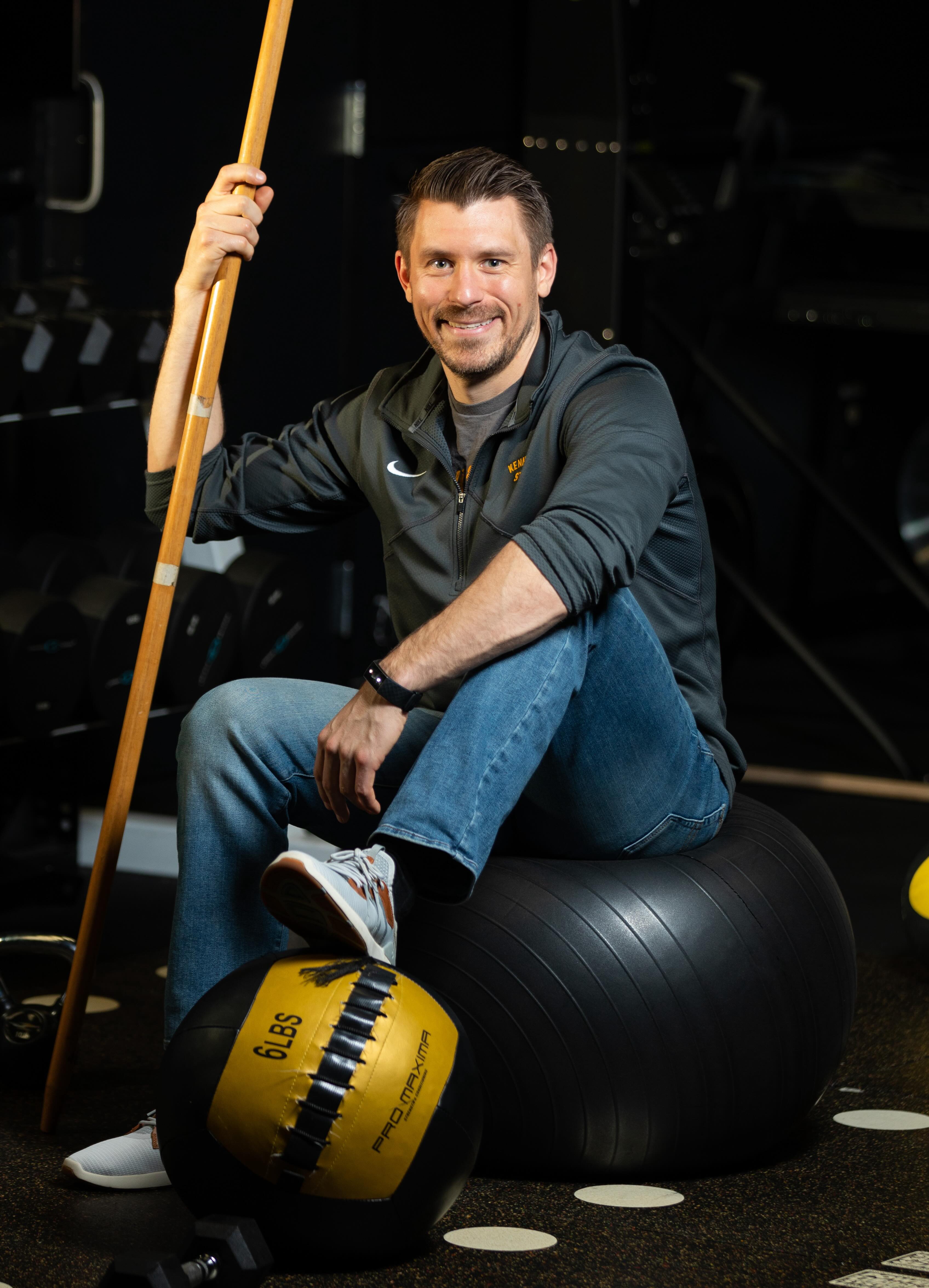Have you been diagnosed with Type 2 Diabetes?
If you have been diagnosed with Type 2 Diabetes and are between the ages of 40 and 65 years, this project may be for you. Participants will visit KSU on four separate occasions and participate in one of two at home 16-week exercise interventions. Participants will receive a Fitbit watch, $100 gift card and TRX suspension system. Participants must:
- Be between 40 and 65 years of age.
- Have been diagnosed with T2DM.
- Not take insulin injections.
- Glycosylated hemoglobin (A1C) is a minimum 6.0%.
- Have a willingness to participate in either intervention.
Informed Consent Form
Physician's Clearance Form
Here's what to expect at the KSU Exercise Physiology Lab
Visit 1:
Cardiovascular markers: resting heart rate and blood pressure, and your heart rate variability, a marker of your involuntary nervous system activity, for a 10-minute period in a quiet, dimly lit room.
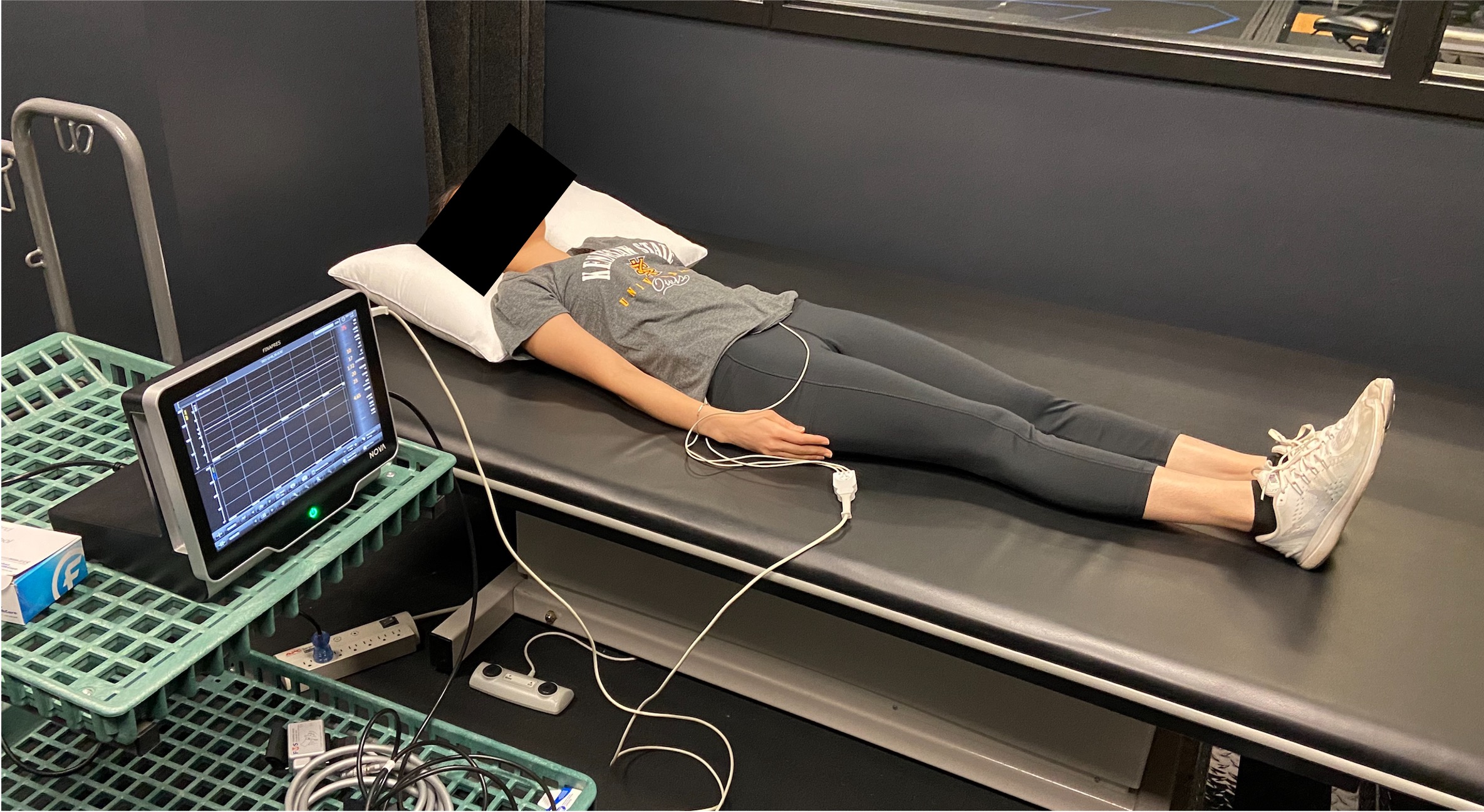
Your resting glucose regulation and lipid profile will be taken through finger sticks in a fasted condition. A two-hour glucose tolerance test will be taken along with lipid profile.
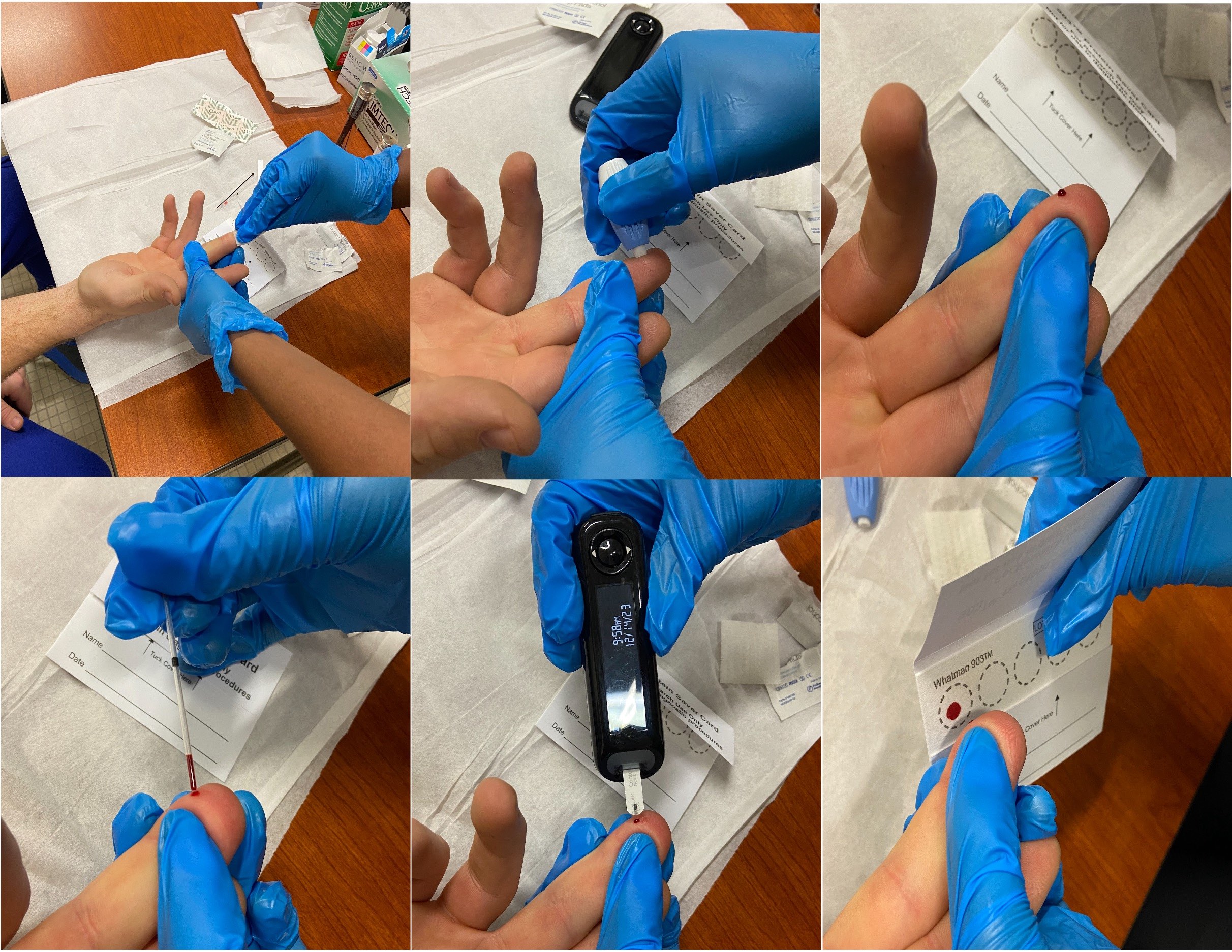
Consume 75mg Glucose drink within 2 minutes.
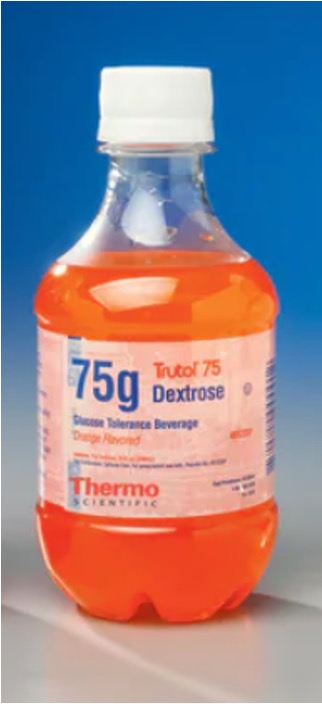
30 minutes, 1 hour, 2 hours
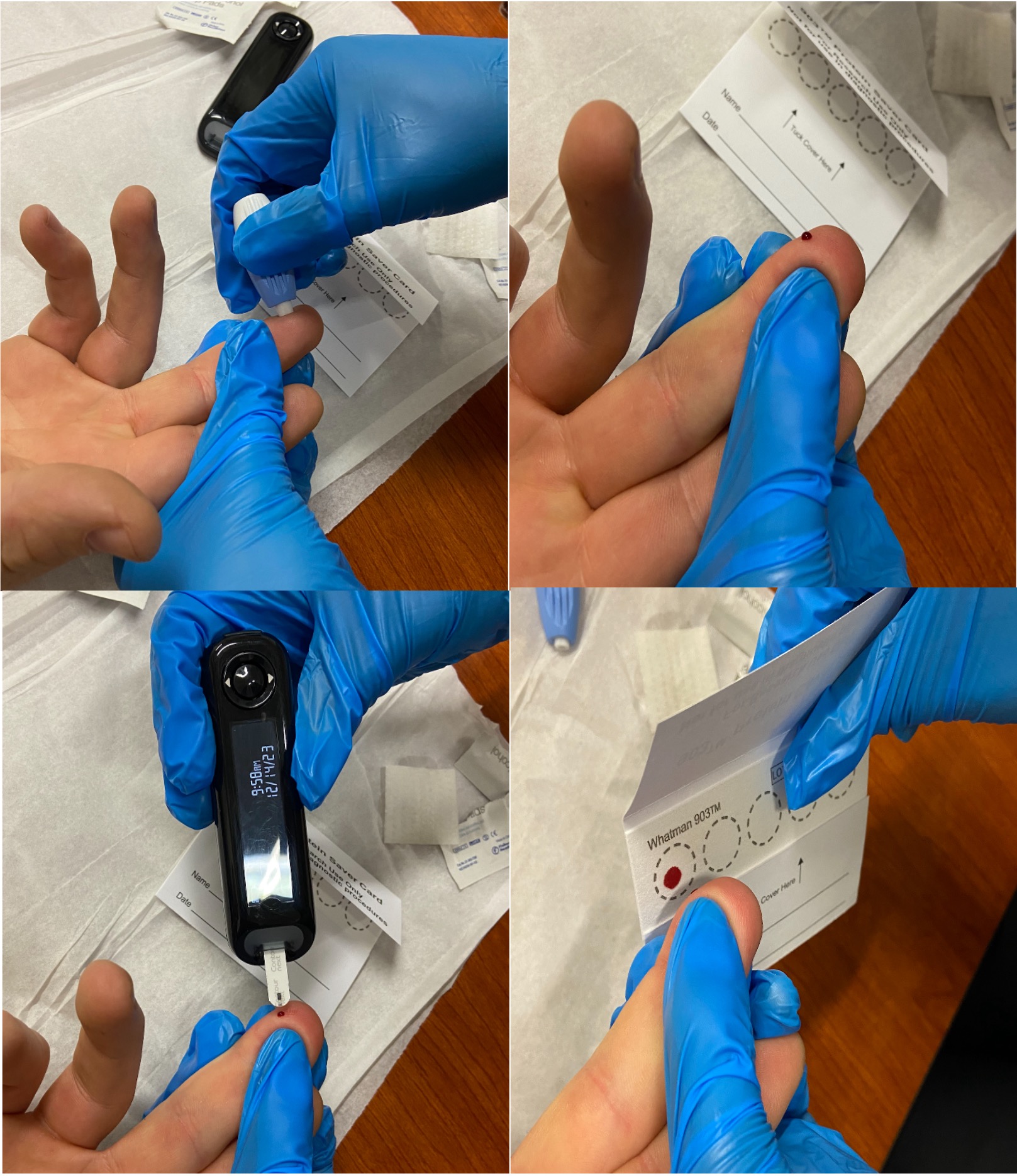
Visit 2:
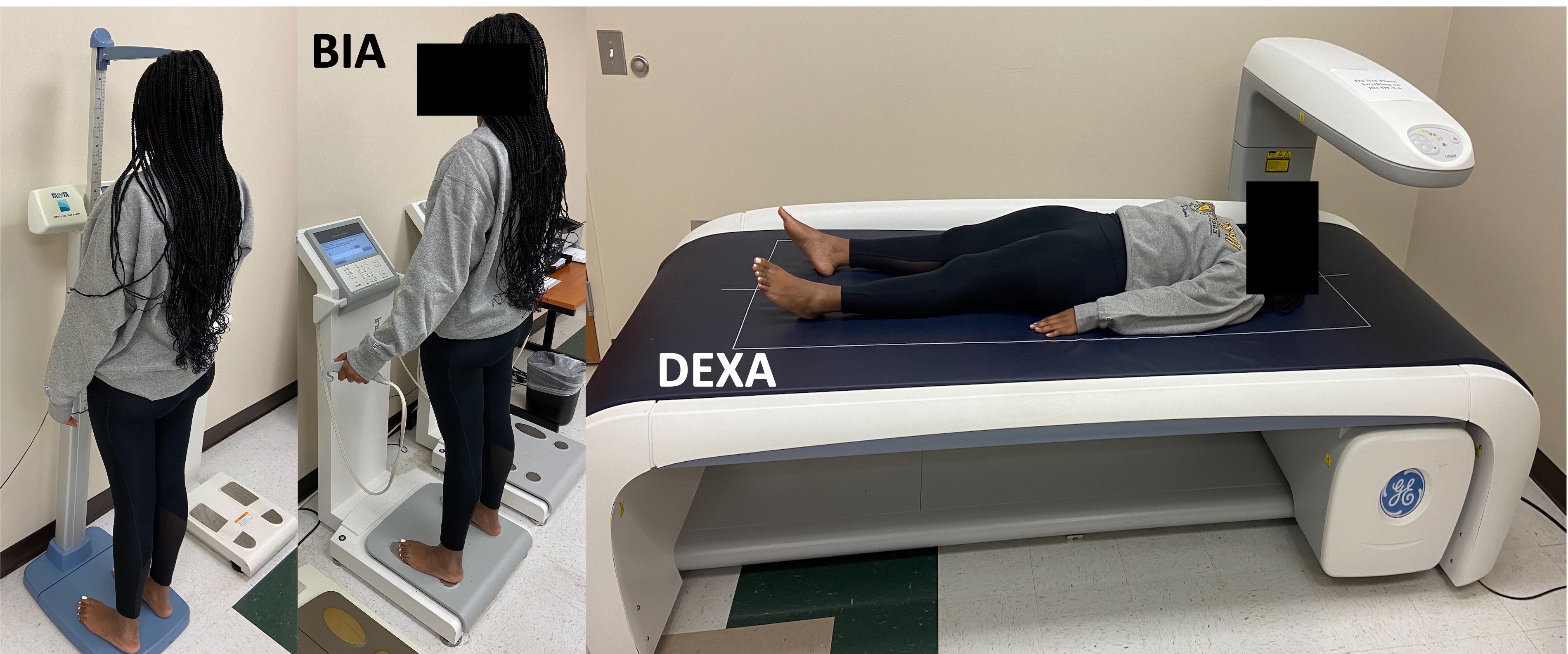
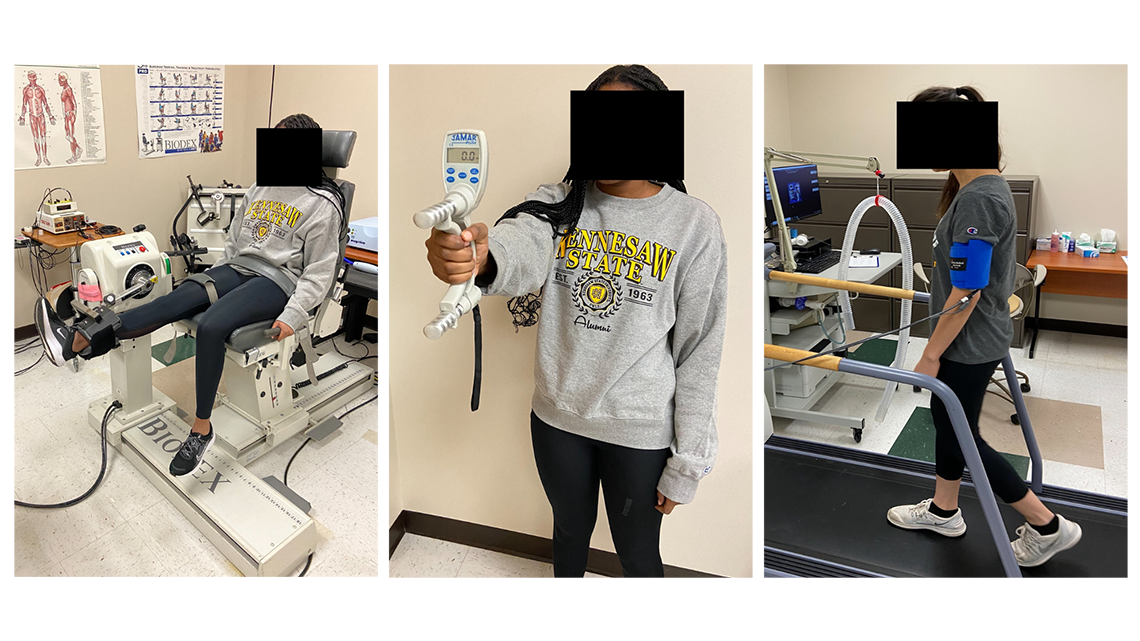
Within two weeks of this visit, you will be asked to arrive at the Exercise Physiology Lab in order obtain information regarding your body composition.
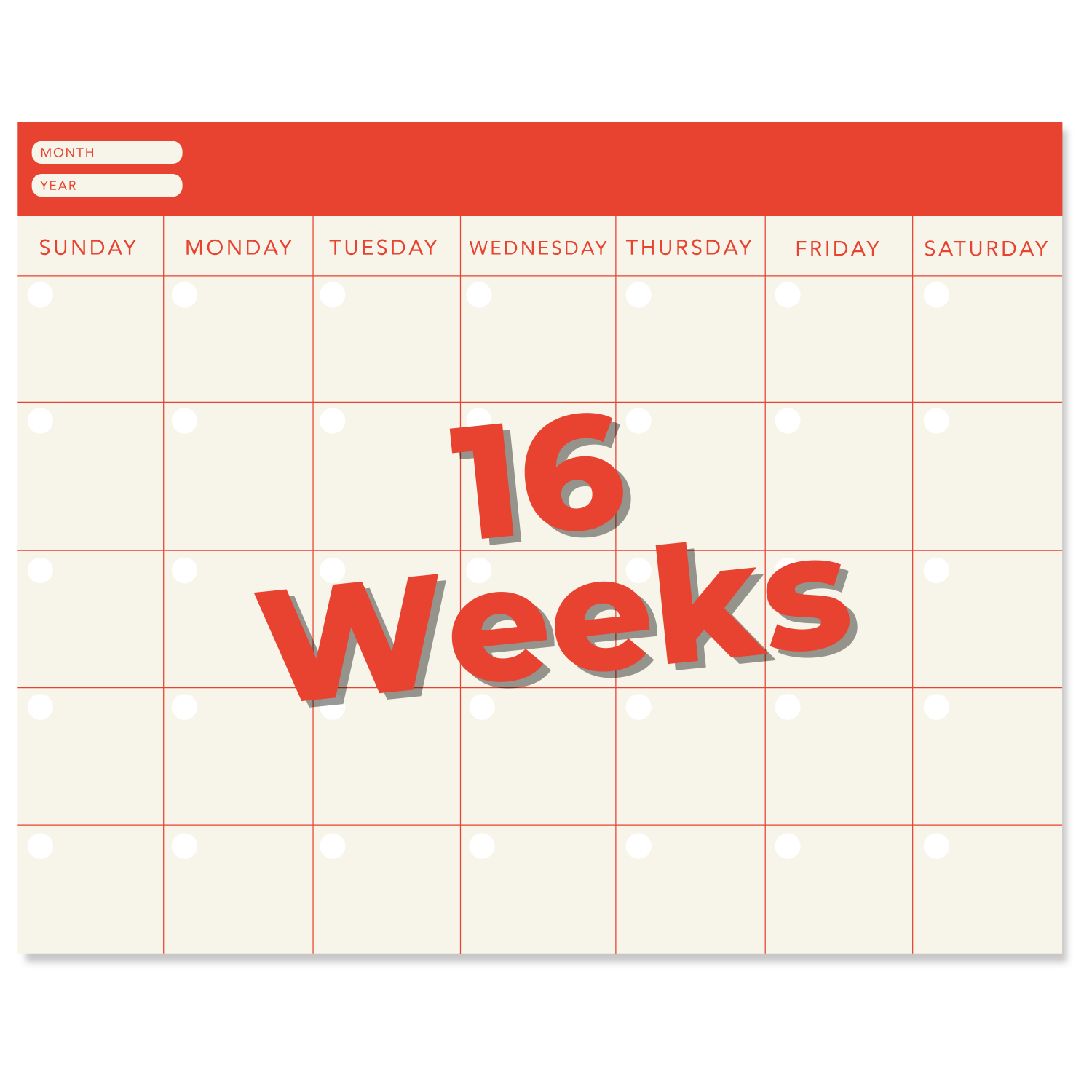
Intervention 1 (bodyweight circuit), Intervention 2 (aerobic exercise)
Visits 1 and 2 will be repeated at the end of the 16 weeks
Participants Will Receive
A Fitbit watch, $100 gift card and TRX suspension system.
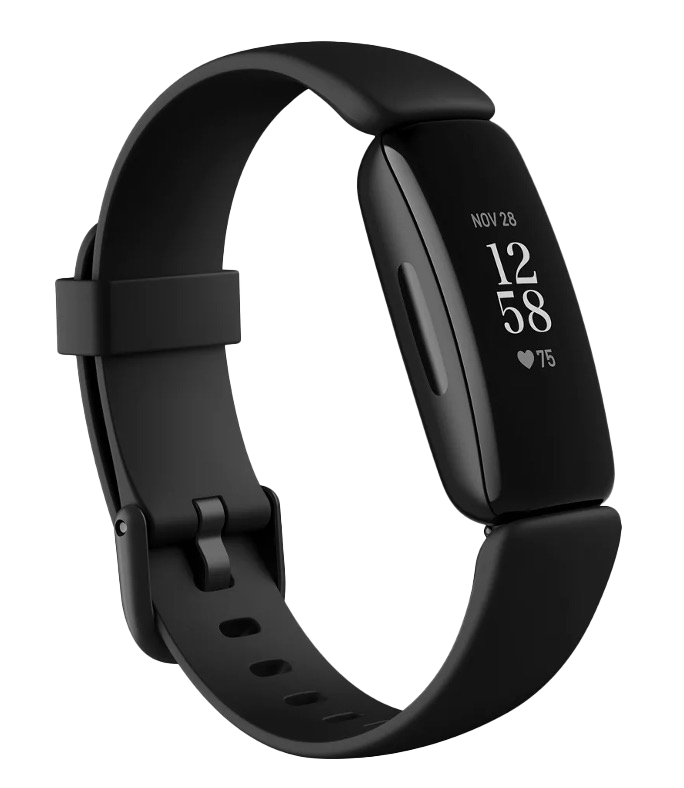
Where We're Located
Exercise Physiology Lab
520 Parliament Garden Way NW,
Kennesaw, GA 30144







